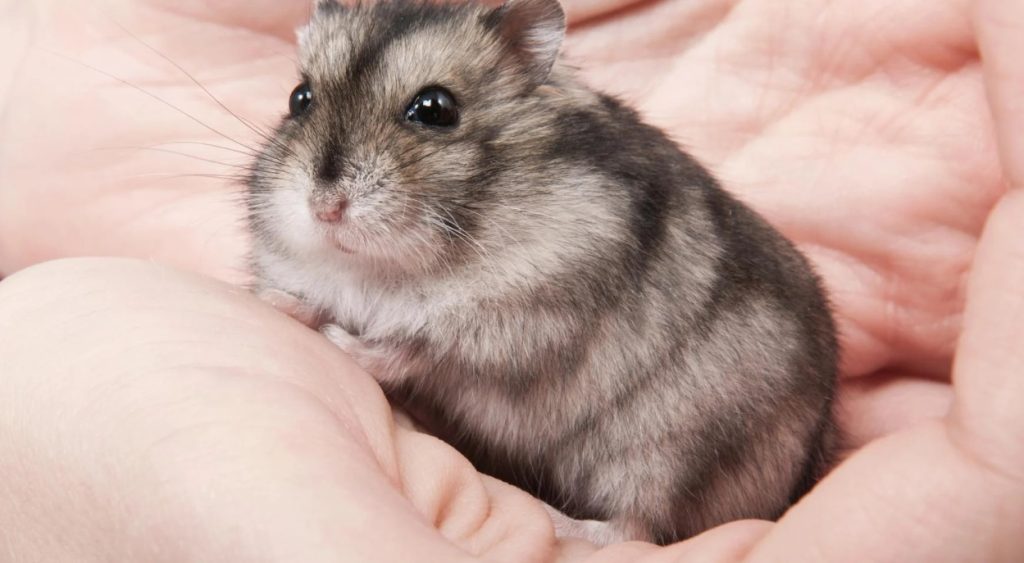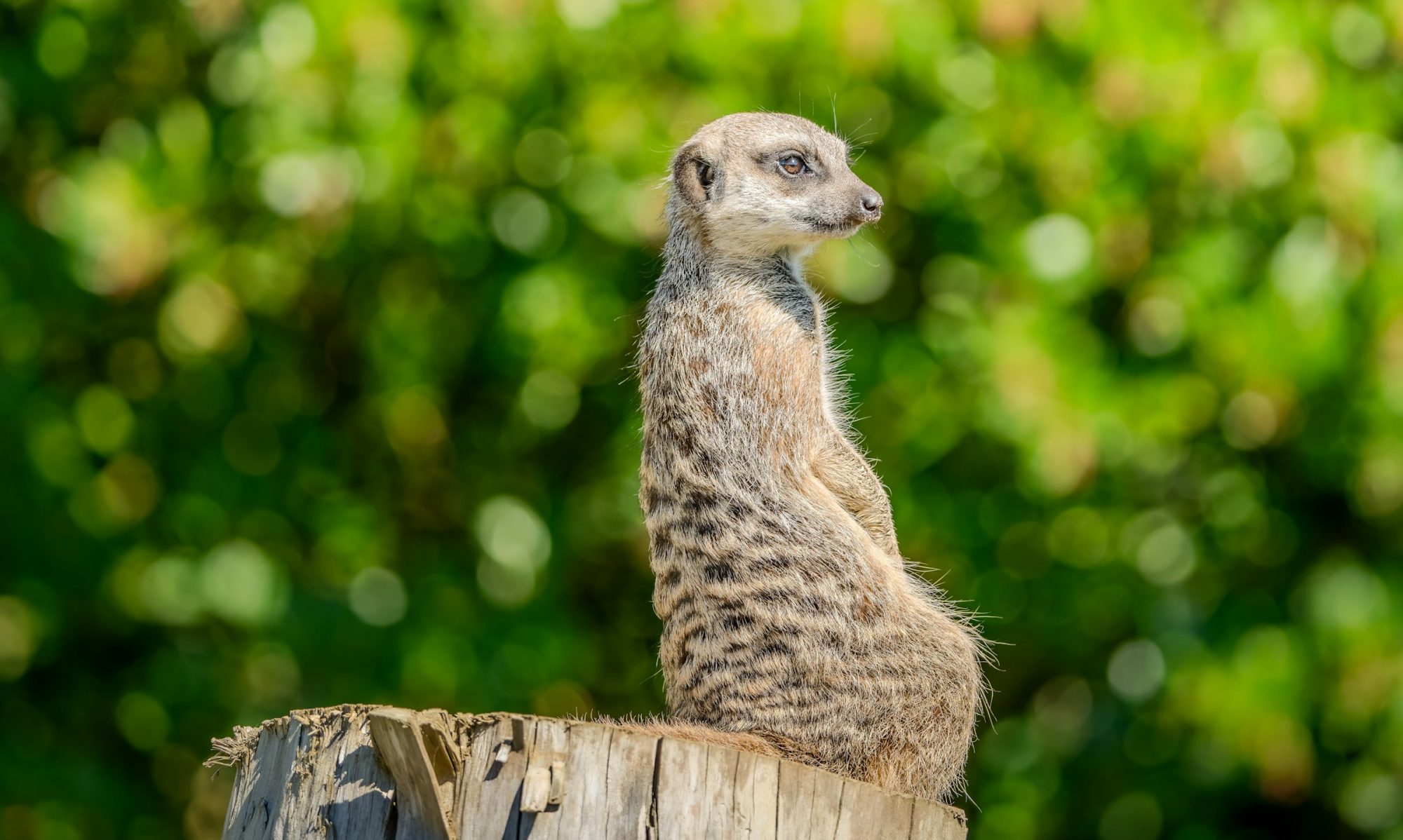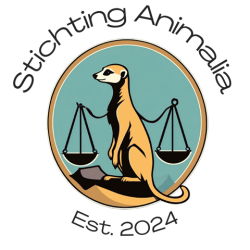Animalia in the media –
Published in: NL Times

July 31 2025
Animal welfare organization Stichting Animalia is taking the Dutch government to court over a controversial list of banned pets that it says is unscientific and poorly constructed, Hart van Nederland reports.
Since July 2024, the Netherlands has enforced a so-called positieflijst—a list of 30 animal species that are still allowed to be kept as pets. Of the 320 animal species studied by the government, only these 30 passed the criteria. The rest, including popular exotic species such as Russian dwarf hamsters, capybaras, and collared peccaries, have been banned.
Animalia, which advocates for responsible exotic pet ownership, argues that the list lacks scientific foundation and ignores the needs of both animals and their caretakers. On Thursday, the organization will bring the matter before a judge.
“The government is pushing this list through, while the animal sector says it doesn’t solve anything,” Marc Jansen, a volunteer with Animalia, told Hart van Nederland. Jansen owns 14 collared peccaries, which he is allowed to keep until they die, but under the new law, breeding them has been prohibited since July 1.
“It’s very frustrating that these animals can no longer be bred. It makes me angry. I try not to think about it too much and just suppress it,” Jansen said. He believes the solution lies in a broader regulatory system. “We want mandatory husbandry requirements for all animals, whether it’s a goldfish or an exotic species.”
The government introduced the list to address public safety and animal welfare concerns. The Dutch Society for the Protection of Animals (Dierenbescherming) strongly supports the legislation.
“We will defend this list with our lives, figuratively speaking,” said spokesperson Niels Kalkman. “This list is the result of years of scientific research. It was created based on factors such as the risk of animals escaping, danger posed by keeping them, and their overall welfare.”
But Animalia insists that the criteria were inconsistently applied and the scientific integrity of the list is lacking. Alexander Knoth, also with Animalia, said the process behind the lijst is deeply flawed.
“I think it’s total shoddy work. A poor excuse for ‘science’,” Knoth told Hart van Nederland. He pointed out that some dog breeds were rated with a high-risk score but are still permitted as pets. “Why are we allowed to keep dogs so easily—with around 150,000 bite incidents per year—while Russian dwarf hamsters are banned? That’s absurd.”

